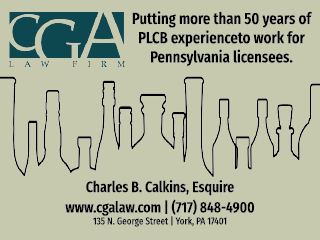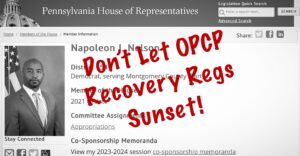 Pennsylvania Tavern Talk, a YouTube channel created by Chuck Moran, executive director of the Pennsylvania Licensed Beverage and Tavern Association, released its next episode, featuring efforts to eliminate sunset provisions of Act 81 of 2021.
Pennsylvania Tavern Talk, a YouTube channel created by Chuck Moran, executive director of the Pennsylvania Licensed Beverage and Tavern Association, released its next episode, featuring efforts to eliminate sunset provisions of Act 81 of 2021.
If the sunset rule is not eliminated, certain temporary licensee rights will terminate at the end of 2024. This episode specifically covers changes that were made to rules involving off-premise catering permits (OPCP).
You may recall that prior to Act 81 of 2021, those with OPCPs were limited in the number of off-premise events they could cater and were also limited in the number of hours per event they could provide. In addition, a fee was required to obtain an OPCP. Also, March 1 of each year served as an OPCP application deadline.
Act 81, which the PLBTA and other industry groups lobbied for, allowed an unlimited number of events, erased time limitations per event, and also eliminated the yearly fee and March 1 application deadline.
We should point out that Act 81 had several other parts including temporary extension of the licensed premises, which also expire on December 31, 2024.
As part of its 2023-’24 legislative agenda, the PLBTA Board of Directors would like to make these temporary rights permanent.
“It’s crazy to think that the state would revert back to outdated liquor code at the end of 2024,” says Moran, “But, that’s exactly what will happen if the sunset provisions aren’t addressed.”
In addition, Moran says a strong grassroots effort will be needed from the industry to make this happen.
The latest episode of Pennsylvania Tavern Talk covers Rep. Napoleon Nelson’s recent cosponsorship memo in which he recognizes that the industry continues to struggle as a result of past pandemic regulations. The cosponsorship memo indicates his interest to introduce legislation to eliminate the sunset provisions of Act 81 of 2021.
You can watch the episode (and share it) directly on YouTube by clicking here.
This episode is part of the “2023-24 Legislation” playlist series, covering bills and cospsonsorship memos that if successful will impact the industry.
You can watch all episodes of Pennsylvania Tavern Talk and subscribe to the channel by visiting www.youtube.com/@PennsylvaniaTavernTalkByChuck.
UPDATE … as of mid-May 2023, this is now HB 1160.




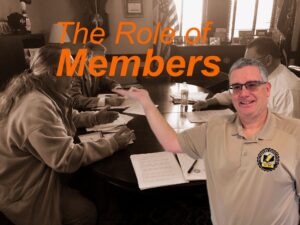

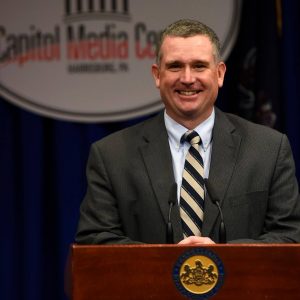
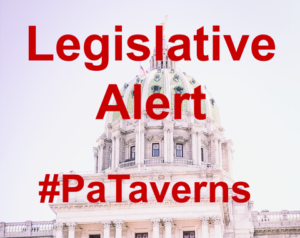
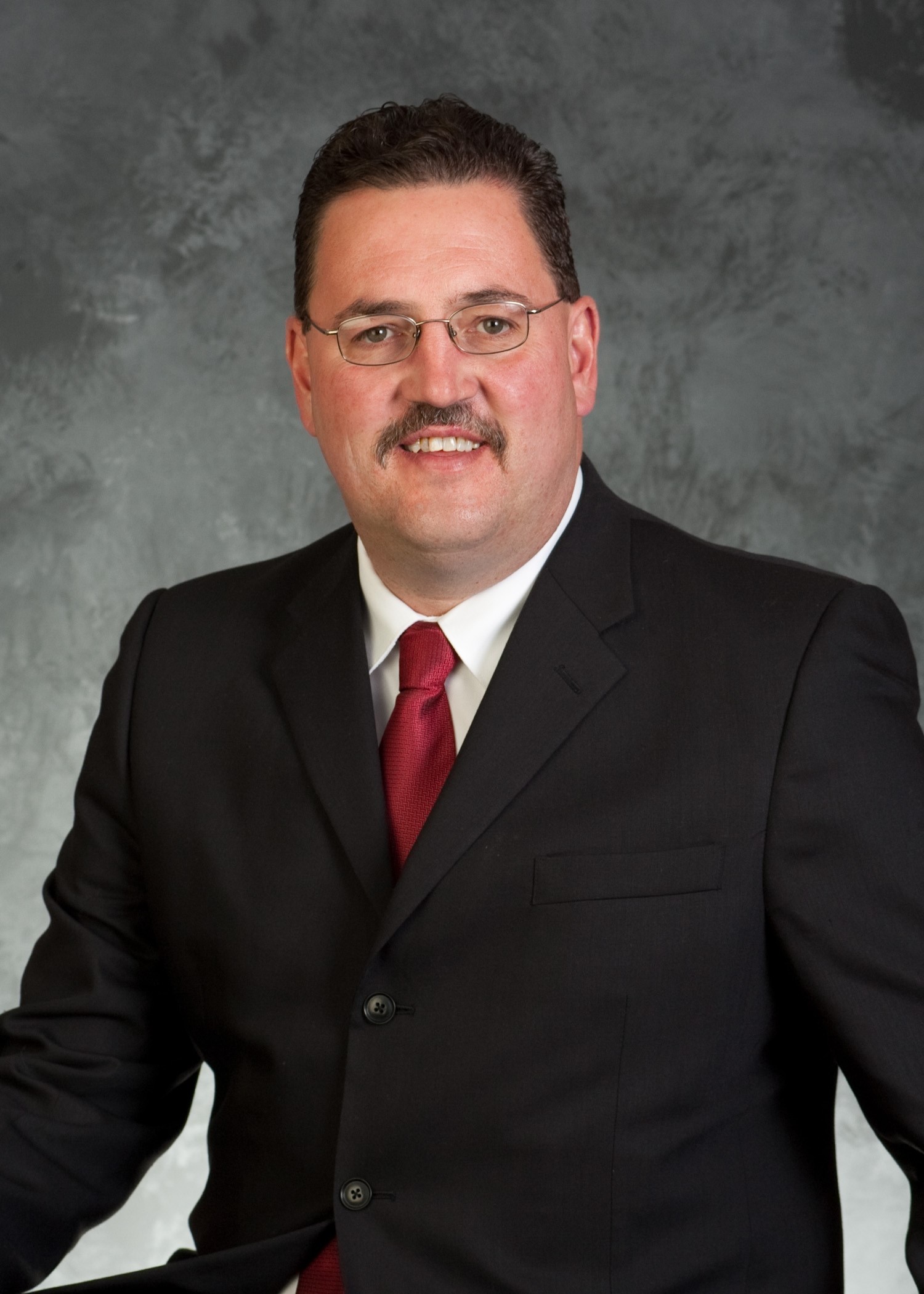 The Pennsylvania Licensed Beverage and Tavern Association sat down with Rep. Kurt Masser recently to learn more about him and his interest in politics. He is the only active tavern owner who sits in the Pennsylvania House of Representatives. In addition to owning Wayside Inn in Shamokin, he represents Montour County and parts of Northumberland and Columbia County in the state House. In recent months, Rep. Masser has been hosting a listening tour, travelling to different counties to meet with tavern owners about their concerns.
The Pennsylvania Licensed Beverage and Tavern Association sat down with Rep. Kurt Masser recently to learn more about him and his interest in politics. He is the only active tavern owner who sits in the Pennsylvania House of Representatives. In addition to owning Wayside Inn in Shamokin, he represents Montour County and parts of Northumberland and Columbia County in the state House. In recent months, Rep. Masser has been hosting a listening tour, travelling to different counties to meet with tavern owners about their concerns.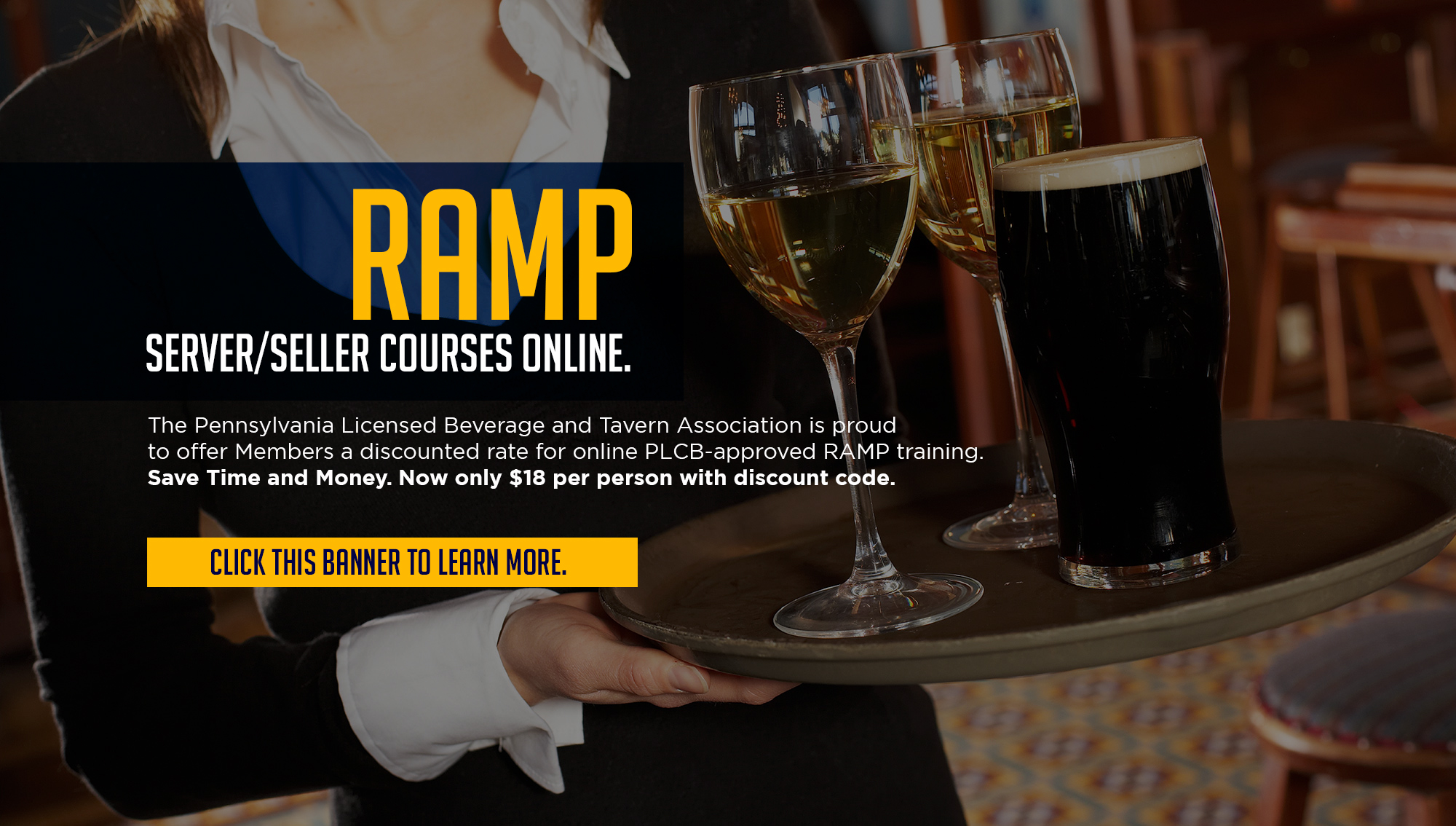
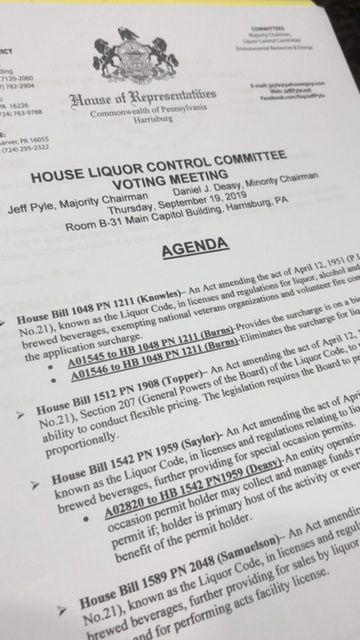 The Pennsylvania House Liquor Control Committee moved HB 1512 with a 15-10 vote down party lines at a voting meeting held on September 19.
The Pennsylvania House Liquor Control Committee moved HB 1512 with a 15-10 vote down party lines at a voting meeting held on September 19.

